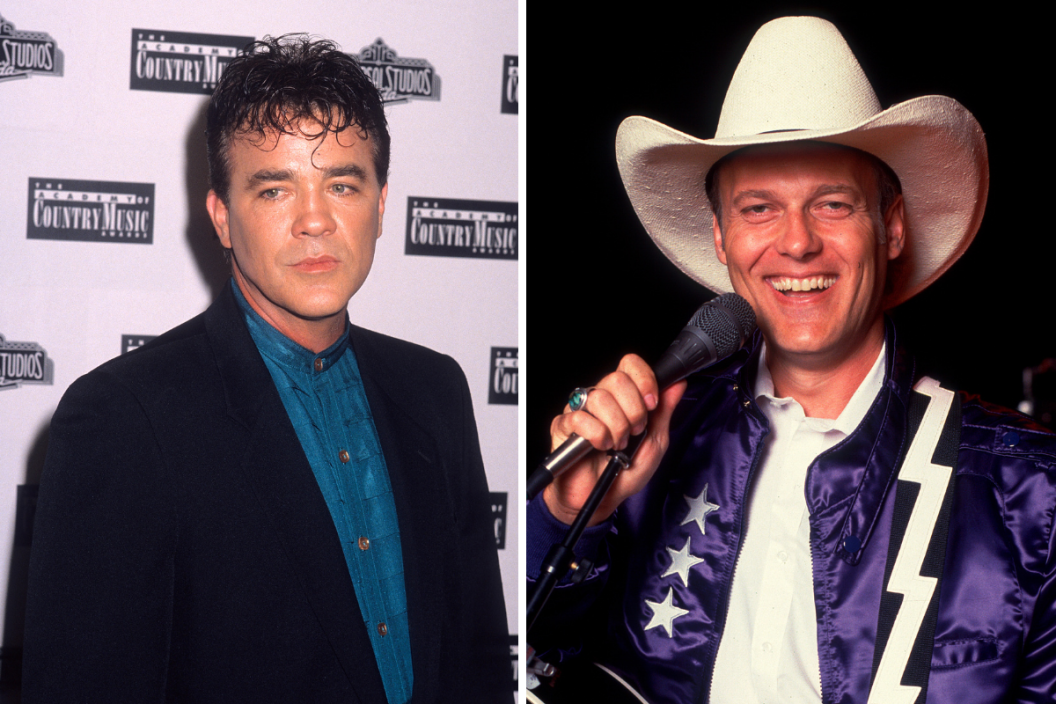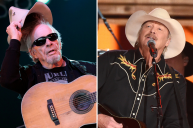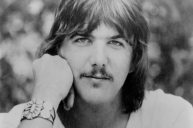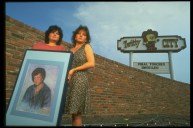[dropcap]W[/dropcap]ith "Workin' Man Blues," Merle Haggard did as fine a job as any folk singer-songwriter or county troubadour before or since at putting himself in the steel-toe boots of common, blue-collar people. It's no wonder, then, that multiple artists felt compelled over the years to lend their voices to a song that's come to transcend the Bakersfield sound.
Videos by Wide Open Country
In Heartaches By the Number: Country Music's 500 Greatest Singles, Haggard scholar David Cantwell best summed up how effectively the song represented every contemporary millhand and mechanic with a go-to barstool on Friday night and a sense of dread on Monday morning.
"If you don't know the anxiety, not to mention the pain, of hoping your body can simply hold out until you retire (or longer, if retirement isn't an option), then count yourself lucky," Cantwell wrote. "Everyone in Hag's audience would've known firsthand the burden of an economy that proclaims human beings are worthless unless they work, work, work."
In the years since "Workin' Man Blues" first appeared on the 1969 album A Portrait of Merle Haggard, it's influenced everything from "Jesus is a Soul Man" singer Lawrence Reynolds' 1970 cover to such spiritual successors as Billy Ray Cyrus' "Busy Man" and Sammy Kershaw's "National Working Woman's Holiday."
Other versions of note include Jerry Lee Lewis' Memphis-flavored rendition from 1970 (artists wasted no time back then when it came to covering recent country hits) and the collective of Diamond Rio, Steve Wariner and Lee Roy Parnell's jam session as Jed Zeppelin on 1994's Mama's Hungry Eyes: A Tribute to Merle Haggard.
In between early '70s responses to the song's popularity and a '90s ode to its staying power came two noteworthy covers by '80s stars.
Ricky Van Shelton's version from his 1987 debut Wild-Eyed Dream celebrates the hard-working folks he would've encountered as a kid in small-town Virginia. Shelton recorded multiple country standards for the album, including Buck Owens' "I Don't Care" and Roger Miller's "Don't We All Have the Right," and remained grounded in tradition throughout his mainstream run. In the process, he helped Ricky Skaggs, Randy Travis, The Judds and other like-minded acts set the stage in the '80s for the '90s country boom.
Though Gary Morris is best known for the type of pop-friendly country hits from the '80s that left Shelton and others longing for the days of Haggard's chart dominance, he might've recorded the best "Workin' Man Blues" cover of them all for his 1990 return to his roots, These Days. Morris' always-mighty vocals soar above line danceable accompaniment (and a very cowpunk opening riff) in an ideal marriage of '80s pop-country accessibility and '90s country brawn.
So, who sang The Hag's 1969 classic better: Shelton, Morris or some other act, from The Killer to a one-off '90s country supergroup? Better yet, which act did the best job at reshaping the song's instantly-recognizable intro to suit their creative needs?




